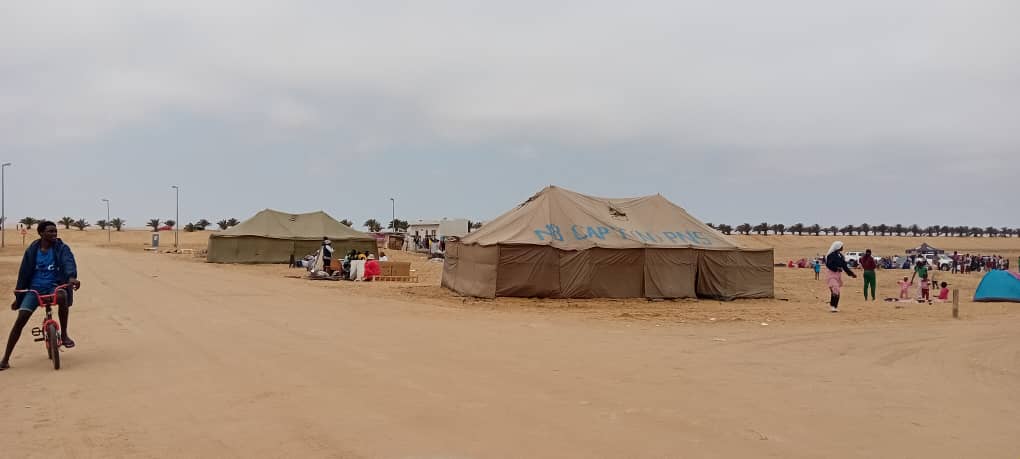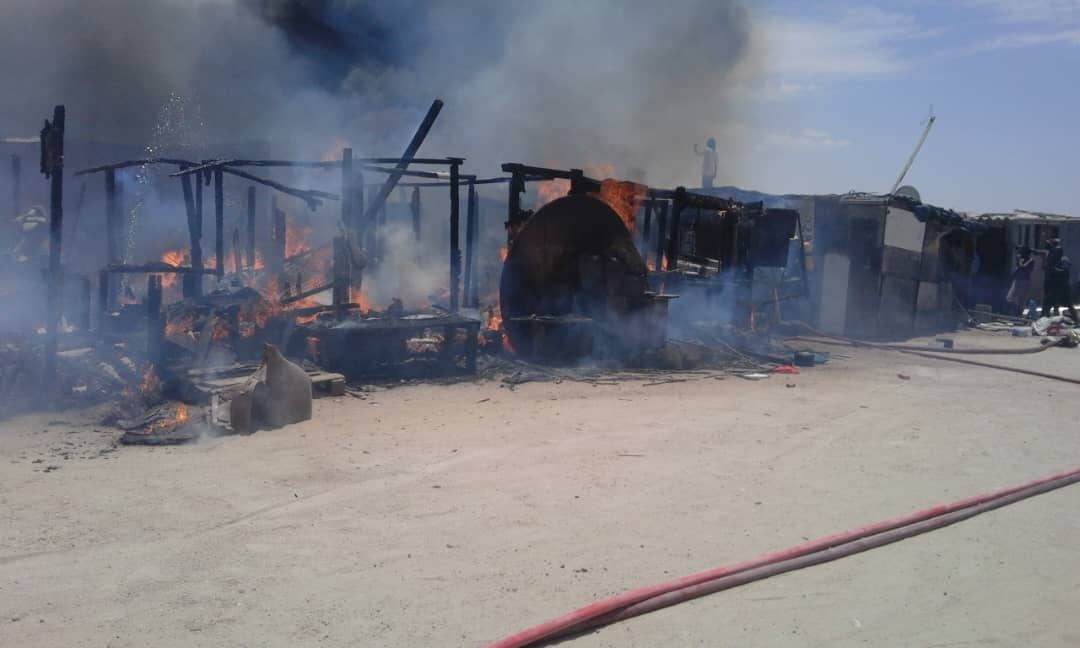AFRICAN diamond-producing countries are joining forces to defend the sometimes-controversial gems, and find ways to promote consumer confidence.
Ministers and senior government representatives from six countries – South Africa, Botswana, Angola, Liberia, Sierra Leone and Namibia – and officials from global mining giant De Beers met in Windhoek yesterday to discuss how to communicate the role played by diamonds in the development of the world’s poorest continent. Opening the meeting, De Beers Group Managing Director Gareth Penny said: “This meeting is to focus on how we can communicate the good that diamonds do for Africa.”The message of the day was ‘Diamonds doing good’.Penny applauded the Kimberley Process as a major achievement in this campaign.The Kimberley Process, a UN resolution passed in 2000, is a global initiative bringing together diamond companies, the World Diamond Council, governments, civil society, non-governmental organisations and the United Nations with a common objective to stop the trade in diamonds used to fund conflict, also known as blood diamonds.Speaking at the same occasion, the Minister of Mines and Energy, Erkki Nghimtina, said diamonds were a critical player in Africa’s socio-economic development.He said consumers had of late become more socially conscious and ethical considerations had become vital in their purchasing choices.”Consumer confidence in our product is therefore a matter of absolute strategic importance to the economy of Africa.”Nghimtina said it was time that Africans stood firm in the development of their economies and discarded the title of ‘Third World’.”We should be the masters of our destiny.In other words, we cannot achieve our developmental objectives if consumers lose confidence in our most important product – the diamond.”Every diamond that is not purchased …is a missed opportunity for Africa to send a child to school, build clinics and hospitals, provide a meal and fight the HIV-AIDS pandemic,” he said, highlighting some of the social ills plaguing Africa.He added that as poverty and crime were bosom buddies, people were drawn to conflict as a way of surviving; hence the challenge was to eradicate poverty.”We should take the opportunity to inform and educate the various audiences we address and engage with about the good that diamonds do for our people and our countries.This will enable us to develop our countries, give the people of Africa a sense of hope …,” said Nghimtina.Namibia’s economy depends heavily on mining, with the sector being the main contributor to its Gross Domestic Product (GDP).Diamonds account for 42 per cent of export revenue, five per cent of the Government’s revenue and 10 per cent of GDP.Namdeb – a 50-50 venture between the Government and De Beers – is the largest corporate responsibility contributor to economic development in the country and is said to be the second-largest employer in the country after the Government.Sixty-five per cent of the world’s diamonds are produced in Africa, with the industry said to contribute US$8,4 billion (N$63 billion) per year to the continent.Yesterday’s meeting was a follow-up to an earlier session with the same agenda, held in London earlier this year by the diamond producers.The meeting comes at a time when the diamond industry has been shaken by the upcoming Hollywood movie, ‘Blood Diamond’.The movie, starring A-list actor Leonardo DiCaprio, is set against the backdrop of the civil war in Sierra Leone in the 1990s.The diamond industry is mobilising to combat possible negative publicity from the film, set for release in December.Opening the meeting, De Beers Group Managing Director Gareth Penny said: “This meeting is to focus on how we can communicate the good that diamonds do for Africa.”The message of the day was ‘Diamonds doing good’.Penny applauded the Kimberley Process as a major achievement in this campaign.The Kimberley Process, a UN resolution passed in 2000, is a global initiative bringing together diamond companies, the World Diamond Council, governments, civil society, non-governmental organisations and the United Nations with a common objective to stop the trade in diamonds used to fund conflict, also known as blood diamonds.Speaking at the same occasion, the Minister of Mines and Energy, Erkki Nghimtina, said diamonds were a critical player in Africa’s socio-economic development.He said consumers had of late become more socially conscious and ethical considerations had become vital in their purchasing choices.”Consumer confidence in our product is therefore a matter of absolute strategic importance to the economy of Africa.” Nghimtina said it was time that Africans stood firm in the development of their economies and discarded the title of ‘Third World’.”We should be the masters of our destiny.In other words, we cannot achieve our developmental objectives if consumers lose confidence in our most important product – the diamond.”Every diamond that is not purchased …is a missed opportunity for Africa to send a child to school, build clinics and hospitals, provide a meal and fight the HIV-AIDS pandemic,” he said, highlighting some of the social ills plaguing Africa.He added that as poverty and crime were bosom buddies, people were drawn to conflict as a way of surviving; hence the challenge was to eradicate poverty. “We should take the opportunity to inform and educate the various audiences we address and engage with about the good that diamonds do for our people and our countries.This will enable us to develop our countries, give the people of Africa a sense of hope …,” said Nghimtina.Namibia’s economy depends heavily on mining, with the sector being the main contributor to its Gross Domestic Product (GDP).Diamonds account for 42 per cent of export revenue, five per cent of the Government’s revenue and 10 per cent of GDP.Namdeb – a 50-50 venture between the Government and De Beers – is the largest corporate responsibility contributor to economic development in the country and is said to be the second-largest employer in the country after the Government.Sixty-five per cent of the world’s diamonds are produced in Africa, with the industry said to contribute US$8,4 billion (N$63 billion) per year to the continent.Yesterday’s meeting was a follow-up to an earlier session with the same agenda, held in London earlier this year by the diamond producers.The meeting comes at a time when the diamond industry has been shaken by the upcoming Hollywood movie, ‘Blood Diamond’.The movie, starring A-list actor Leonardo DiCaprio, is set against the backdrop of the civil war in Sierra Leone in the 1990s.The diamond industry is mobilising to combat possible negative publicity from the film, set for release in December.
Stay informed with The Namibian – your source for credible journalism. Get in-depth reporting and opinions for
only N$85 a month. Invest in journalism, invest in democracy –
Subscribe Now!










